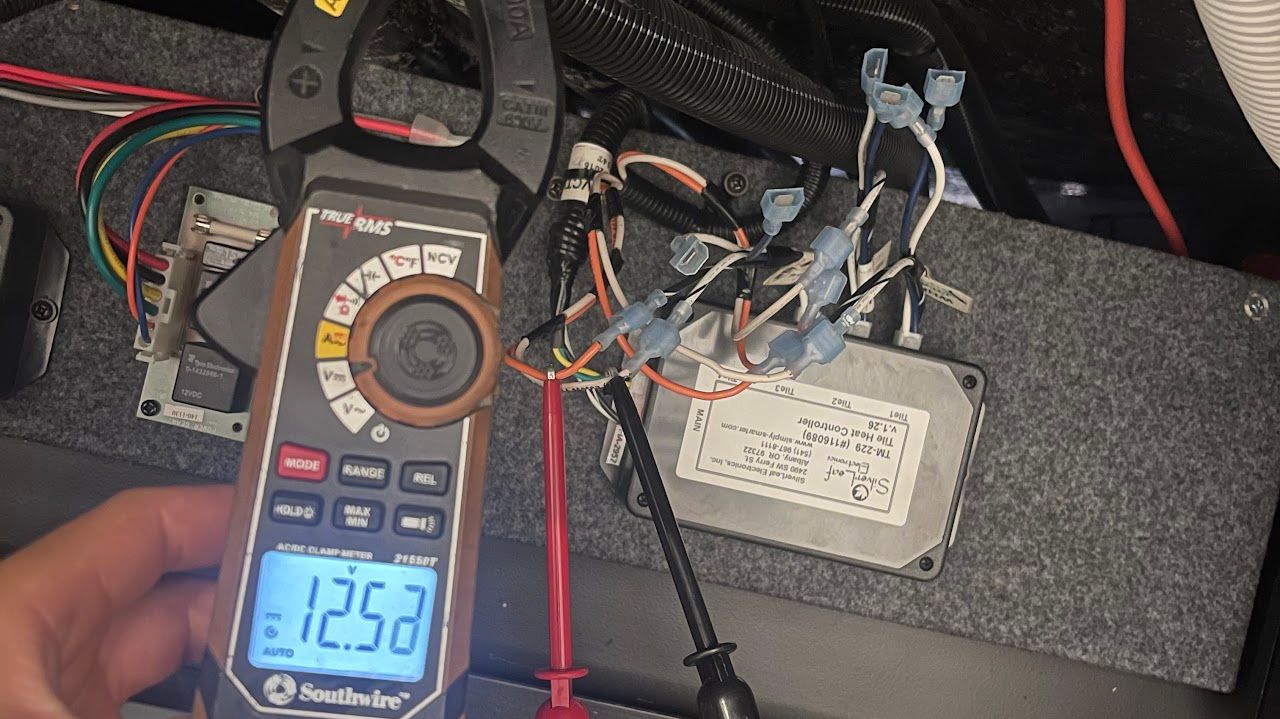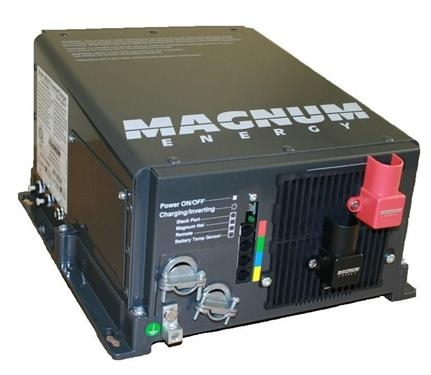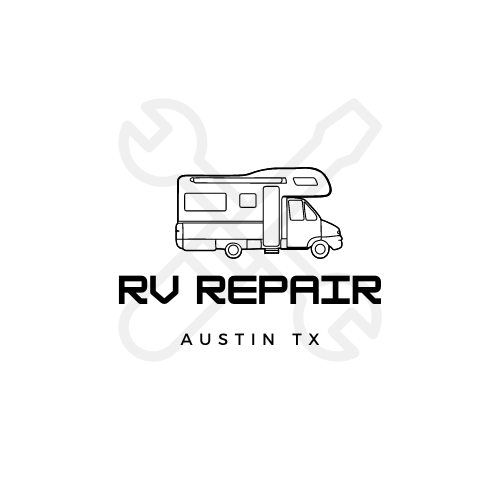RV Electrician
Our RV electrical services include:
- Installation of RV electrical systems
- Repair and maintenance of RV electrical systems
- Troubleshooting of RV electrical systems
- Wiring repairs
- Installation of new wiring
- Diagnostic testing
- Replacement of electrical components
- General electrical system inspections
- Preventative maintenance services, such as battery maintenance, breaker, and fuse testing
These are our most common services when it comes to electrical work. If you are experiencing other types of electrical problems give us a call because chances are we will be able to fix it.
Contact Us
We will get back to you as soon as possible.
Please try again later.
Battery Systems
In most RVs there are three electrical systems. You have the 120 Volt AC which is also known as your shore power. This becomes active when you plug into a fifty, thirty or twenty amp power source. You also have the 12 volt DC provided by your battery. This system controls your lights, electric wheel brakes, engine starter and dash accessories. Then you have your 12 volt DC RV horse batteries. When dealing with electrical issues we find the root cause and fix it. This involves testing all your power sources and troubleshooting.
High / Low Voltage in RV
If you are experiencing high voltage in your RV the most common cause is from hooking up at a campground. What happens is the campground wires 220 volts when it should only be 120 volts. This creates high-voltage problems creating smoked wires and burnt-out electronics.
Low voltage is also cause for concern because it can cause unexpected damage requiring repairs. Ancient RV parks have old electrical systems which can cause low voltage. When operating at low voltage systems like the AC will operate at extreme temperatures.

Multiplex Control
We can help you with your multiplex control system. Whether that means teaching you how to operate the controls or helping you with the wiring. Multiplex wiring provides power to the distribution center which then can be controlled by various switch panels. You then can program switch banks to control lights, fans etc.
Inverters / Converters Repair
Inverters work as a type of converter by providing power to your power outlets through your battery. The job of the inverter is to make different types of power compatible. Converters work in the same way. The main difference is converters are electrical devices that convert voltage from AC to DC. Inverters convert voltage from DC to AC.

Solar Systems
If you need help installing solar panels on your rv, replacing solar panels on your rv, or wiring your solar panels on your rv we are qualified. Solar panels are a great way to save energy.
Common RV Electrical Questions
-
How do I keep my RV batteries from running down?
1. Prevent sulfation: Sulfation occurs when lead sulfate crystals build up on the battery. It can happen when your battery is overcharged, stored above 75 degrees, or when it is stored without fully charged.
You can mitigate this situation by ensuring your battery is charged such that it doesn't drop below 12.4 volts. Anti-sulfation devices can also be used to prevent and reverse the buildup of sulfates.
2. Check for parasitic loads and remove them: Parasitic loads refer to the other systems that still draw power from your battery when your engine is off. If you think that your battery is being drained by parasitic loads, you can connect a digital multimeter to it when your ignition is turned off. The multimeter will indicate if anything is running your battery down.
When you confirm the presence of a parasitic load, take turns in pulling out the fuses of the objects in your camper to figure out which one is draining your battery.
3. Prevent self-discharging: Self-discharging is almost inevitable for batteries as they age. However, you can minimize the effect by keeping your battery away from places with elevated temperatures.
4. Do not overcharge: Overcharging occurs when you use the wrong voltage to charge your battery or when you leave it connected to the charger for too long. You can use a digital multimeter to see if your battery is overcharged. Connect a multimeter to your battery while your RV is running idly.
A perfectly charged battery registers about 12.6 volts, which rises to an average of 14 volts when appliances like the air conditioner or radio are turned on. A voltage beyond 14 volts is proof that your battery is overcharged. You can use a low amp setting when charging your battery to prevent overcharging.
5. Do not undercharge: Undercharging happens when you use your battery before it is fully charged. To prevent undercharging, make sure your battery is fully charged before storing it.
6. Proper maintenance: There are simple maintenance procedures you can take to preserve the life of your battery. They include:
● Charge your battery in a well-ventilated for 14 to 16 hours until it is fully saturated
● Do not store batteries below 12 volts
● Charge your battery during short breaks of one to two hours if you are using it under a heavy load
● Do not add acid to your battery
● Use only deionized or distilled water for your battery
-
How can I properly maintain my RV's lead-acid battery?
- Avoid deep discharges meaning if you are using your battery under a heavy load take short one to two hour breaks.
- When storing your RV be mindful of the temperature to which the battery will be subject to.
- Fully charge your battery before storing
- Maintain proper electrolyte levels and never allow the electrolyte to drop below the top of the plates.
- Don't allow corrosion to build up
-
Is solar worth it on an RV?
Battery costs can add up very quickly. Adding just one single solar panel can triple the lifespan of your lead-acid battery. We highly reccomend adding solar to your RV because it will be a great return on investment.
